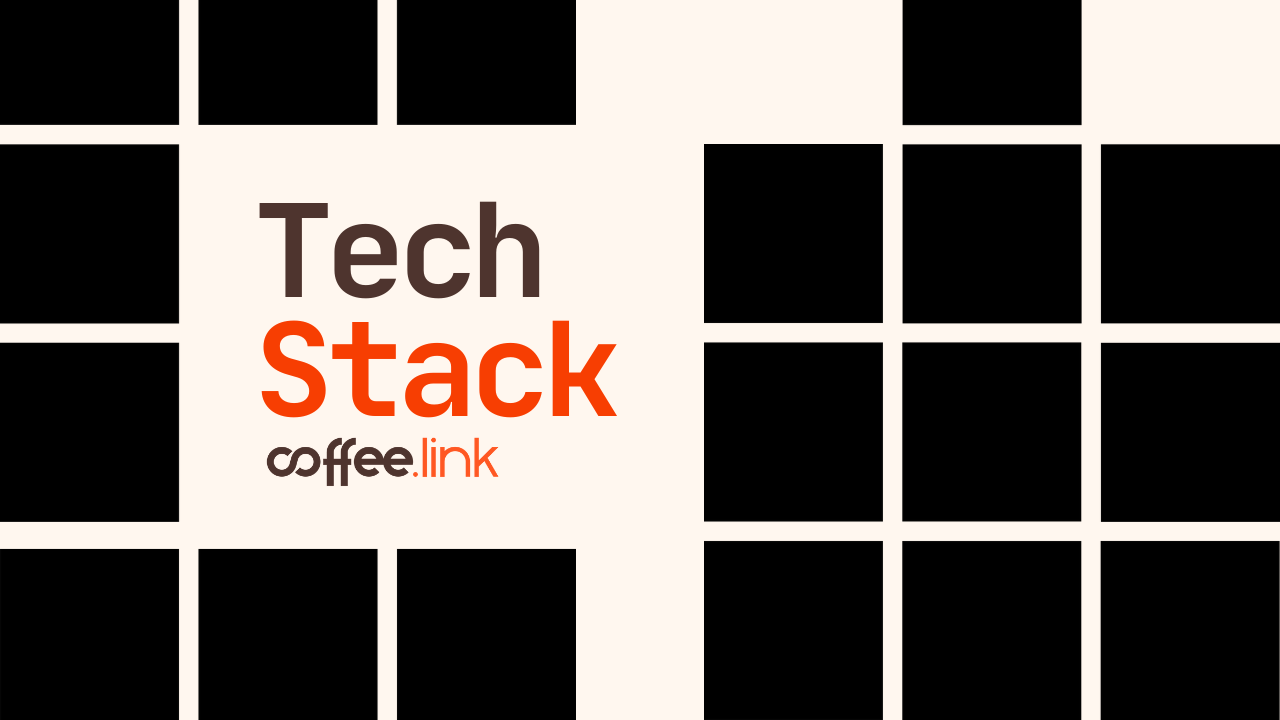This week brought seismic shifts in AI leadership, record-breaking infrastructure deals, and a funding environment that continues defying gravity. From Meta’s internal shake-up to Microsoft’s European expansion, the week of November 9–15, 2025 delivered a clear message: as AI transitions from research curiosity to industrial necessity, the competitive dynamics—and the capital requirements—are intensifying dramatically.
Yann LeCun exits Meta Platforms to launch a 'world-model' startup
Yann LeCun, the Turing Award-winning AI pioneer who founded Meta's FAIR lab in 2013, is planning to leave the tech giant in the coming months to found his own AI startup focus on 'world models'—systems that learn internal representations of physical environments and can reason and plan, rather than just predict text.

Nebius Group inks a $3 billion deal with Meta despite widening losses
Amsterdam-based Nebius, a 'neocloud' provider specialising in AI infrastructure, announced a five-year $3 billion contract to supply AI compute capacity to Meta. At the same time, its Q3 revenue jumped by 355% to $146.1 million, yet losses widened (over $100 million) as capital expenditures surged.

Microsoft Corporation commits $10 billion to build an AI data-centre hub in Portugal
Microsoft confirmed plans to invest USD 10 billion in developing AI infrastructure at a data centre campus in Sines, Portugal, in partnership with Start Campus and Nscale, deploying 12,600 next-gen NVIDIA GB300 GPUs. The investment was announced November 11 and is described as one of Microsoft's largest in Europe for AI infrastructure.

Infrastructure and compute remain central: pattern across these deals
When you line up the Meta/Nebius contract and Microsoft's Portugal investment, a clear pattern emerges: who owns and controls AI compute infrastructure is as important as the models and applications themselves.
Market and investor dynamics reflect the shift
With these big infrastructure plays and startup leadership departures, tech and AI markets are at a juncture where growth hype meets operational to-do lists. Investors are probing whether scale makes sense without cost discipline and whether infrastructure bets pay off.
Look out for signals in the upcoming quarterly results of infrastructure-heavy players and any underperformance that may trigger recalibrations in valuations.
Sectoral expansion: application-specific firms are raising big

- The coding-workspace startup Cursor raised $2.3 billion in a Series D at a $29.3 billion valuation. The company builds AI-native tools where developers collaborate in real-time with AI agents inside the IDE.
- The defense-tech startup Chaos Industries raised $510 million to develop modular autonomous systems and AI-enabled command-and-control platforms for defence agencies.
- The inference-chip maker d-Matrix raised $275 million at a $2 billion valuation to compete in the power-efficient AI inference space.
- The multilingual-agent startup Wonderful raised $100 million a $700 million valuation focusing on enterprise AI agents that adapt to language, culture, and region.
- The internet-infra startup Parallel Web Systems raised $100 million for infrastructure built for AI-agent interactions rather than human browsing.
The Big Take-Aways
- Infrastructure is front and centre. Both compute deals and startup fundraises underline how vital hardware, data centres, and specialised layers are becoming.
- Talent matters. LeCun's exit (or pending exit) from Meta highlights how strategy, culture and leadership remain critical in AI research orientation.
- Regional geography counts. Microsoft's Portugal investment shows that the next wave of AI might be as much about the 'where' as the 'what'.
- Investors are refining their lens. Moves once seen as 'growth for growth's sake' are now getting subtler scrutiny because scale, efficiency, and strategic control matter.
- AI is diversifying. From enterprise agents to niche chip players to defense applications, the ecosystem is broadening fast.
Sources verified as of November 15, 2025.








